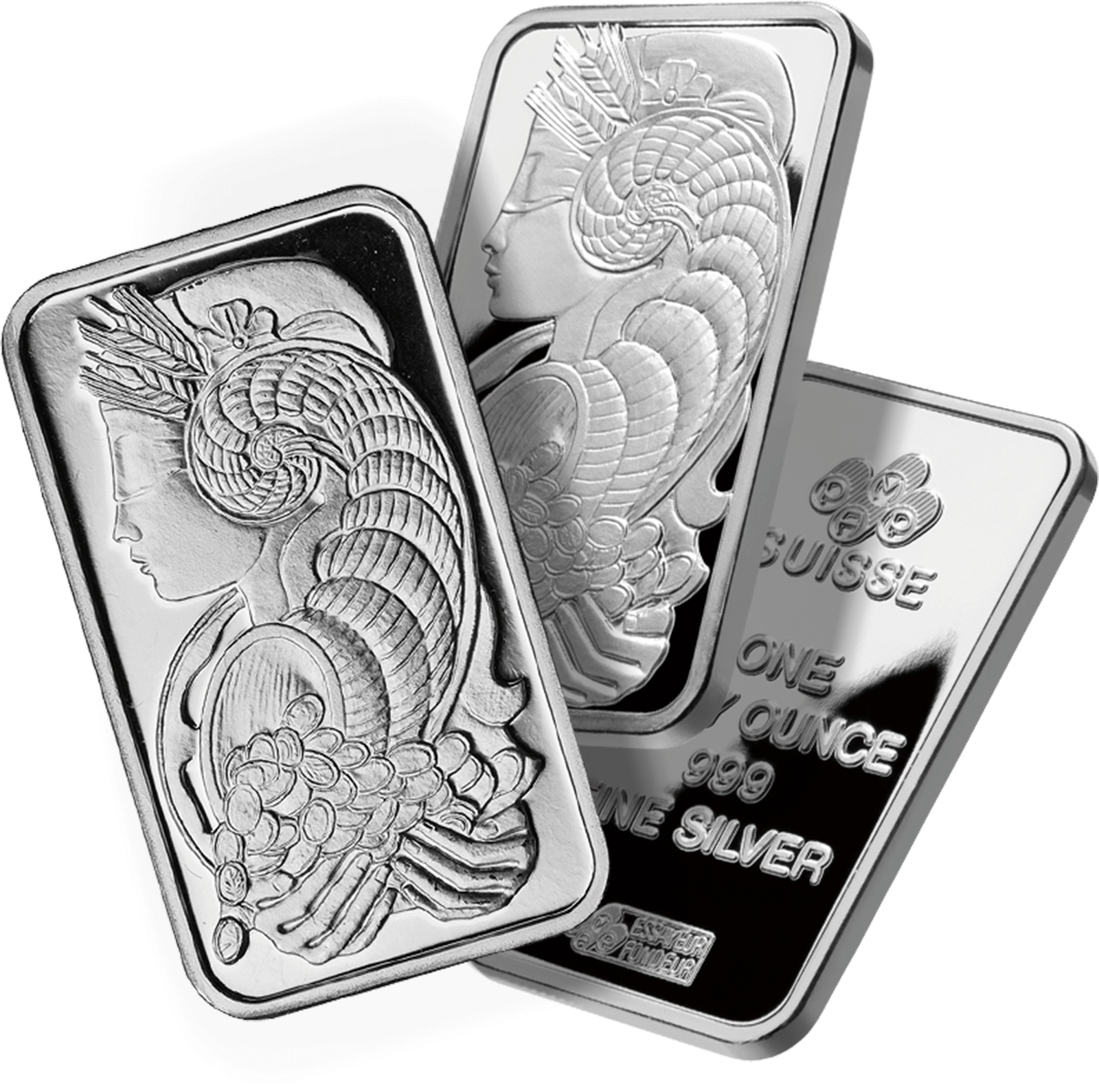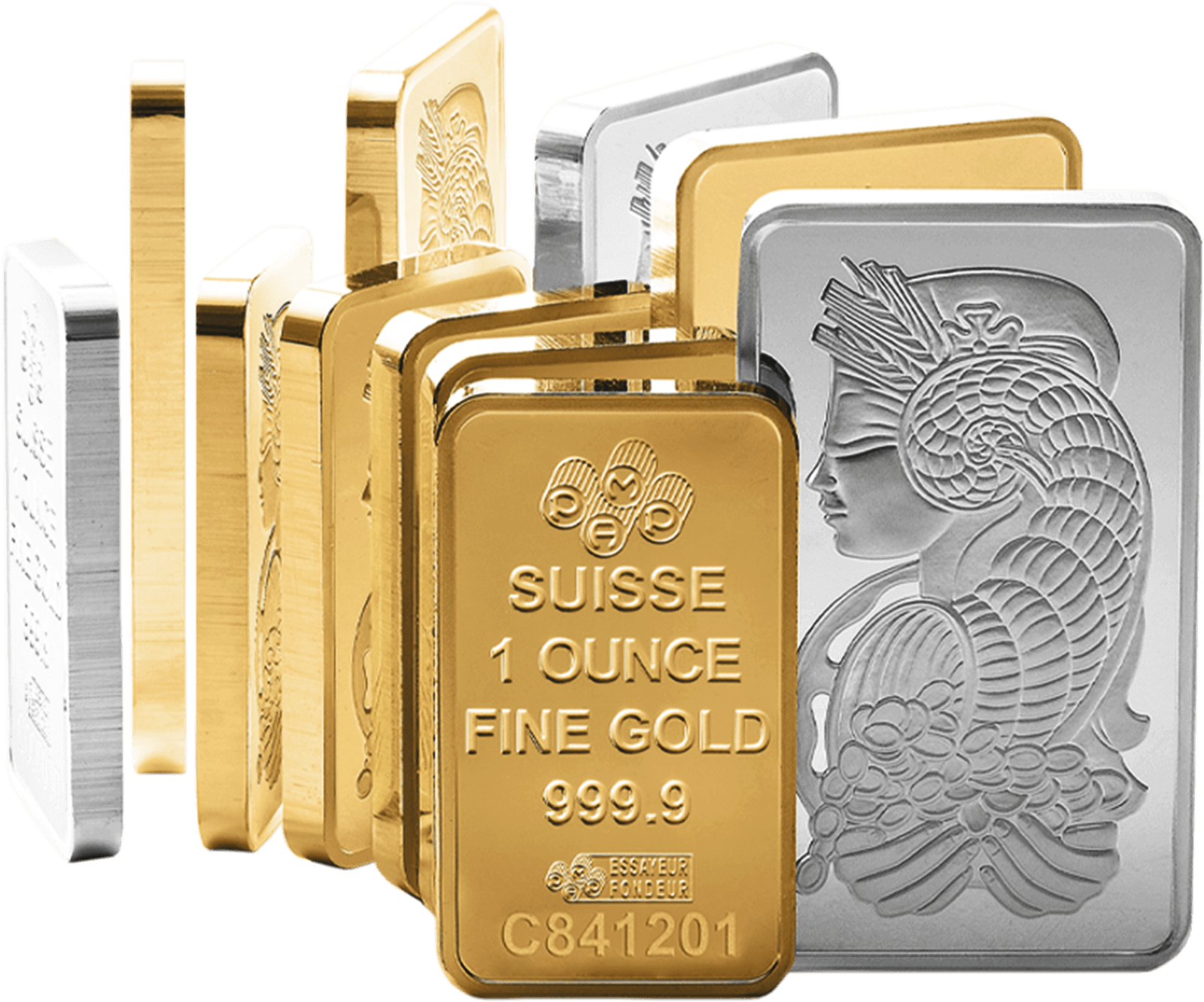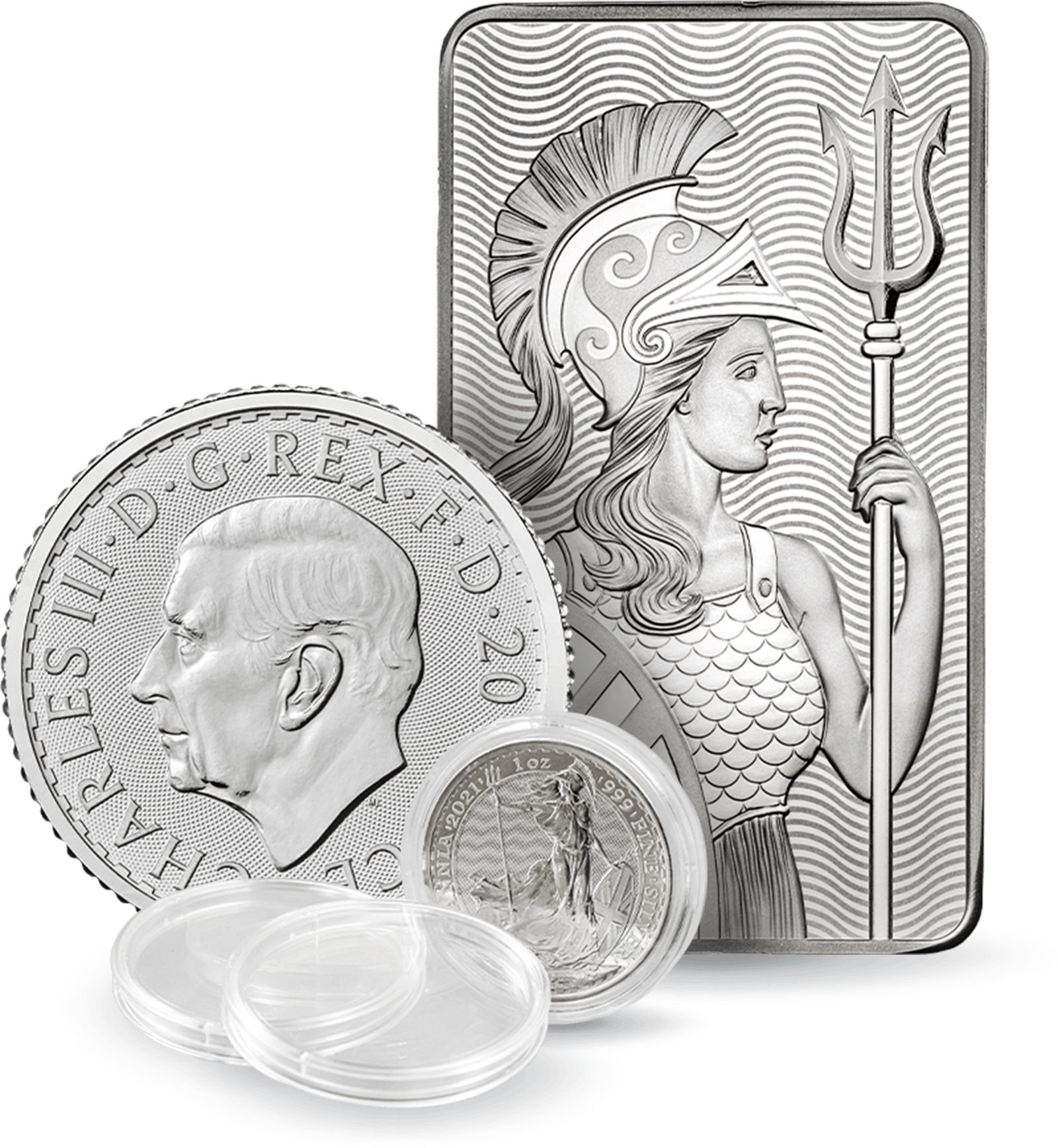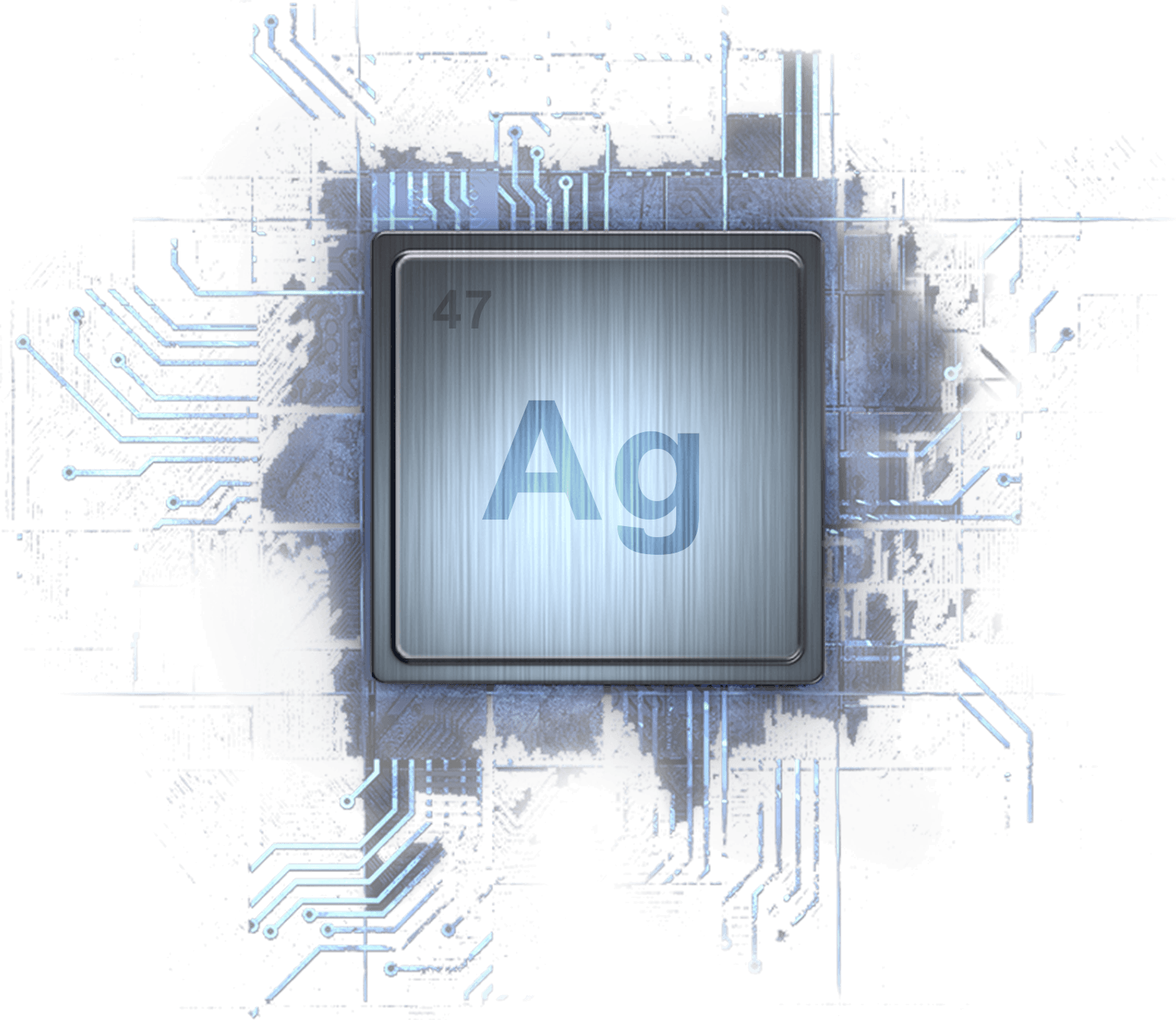Portfolio diversification
In financial jargon, portfolio diversification means investing and saving in assets not exposed to the same conditions.
Silver, like gold, is a precious metal. It is used as a store of wealth, a buffer against inflation, and a way to diversify asset portfolios. It has stood alongside gold for millennia, with both precious metals being tender since ancient times. However, silver is also used in many electronic devices, in medicine, in jewellery, in chemistry, in healing. Silver is, therefore, unique in that it is both a precious and an industrial metal – increasing its potential.
I want to buy
Silver is a store of value and a safeguard against inflation, just like gold. The lower prices of silver often fuel those first steps in investing in precious metals. Silver is also the investment of choice for investors who are not afraid to add a riskier asset to their portfolio, looking to exploit undervalued prices, the shortage of silver on offer and potential growth.
In financial jargon, portfolio diversification means investing and saving in assets not exposed to the same conditions.
Investment silver is one of those precious metals that enjoys
When pursuing
The vast
The supply of silver depends on mining. However, unlike gold,
Central banks hold large stocks of investment gold in their vaults. However,

Consider an ounce of gold and an ounce of silver.
Investment silver is not exempt from value-added tax. When you buy investment bars and coins, VAT pushes up their purchase price.
Because silver is used so extensively in industry, its


Silver is both an
Aside from production costs, the price of investment bars and coins is driven by the price of silver on the exchange and by the exchange rate. Prices are updated after 6 p.m. (Central European Time) on Mondays to Fridays.
The values in the chart show the prices of a 1 g of a PAMP silver cast 1 000g bar. Read more here.
Investing in precious metals makes sense – especially when you have a stable partner like IBIS InGold, which has been in business for over 28 years. The prominence of IBIS InGold’s standing in the global precious metals trade is reflected in its direct partnership with both the most prestigious refinery and the most prestigious mint in Europe. We offer our clients the utmost safety and the very highest standards.
More than
A
Products and services sold
Customer
You will be the first and only owner of the investment bars or coins you purchase.
We make a buyback guarantee to our customers directly in the contract. We will buy back the items we have sold to you.
We only supply bars and coins of the highest quality and fineness from the most prestigious refineries and mints.
We keep bars and coins in maximum-security safes at no extra charge for the duration of your savings period.
Investment silver is a special silver used as an investment instrument, much like securities, mutual funds, etc. It mainly takes the form of silver coins and bars (ingots), which are not bought for collecting reasons, but as an investment (i.e. a place to park paper money).
Its most important characteristics are its fineness and authorised weight. The conditions under which investment metals are defined may be regulated differently from one country to another. We only offer bars and coins from world-famous refineries and mints that have been accredited by the LBMA. These bars and coins are of the highest purity (999.0 – 999.9) and boast precise quality.
There are many ways to purchase precious metals, but not all are sound. A low price may be tempting, but it can be very expensive in the end.
Investment bars and coins should only be purchased from verified and reliable partners with a track record and market credentials. It is crucial to avoid purchasing from unknown persons, dubious sources or purely internet companies – which often only deal through their online shops or auctions and, once you make your purchase, you find that the “seller” or the company itself has vanished.
Do not buy investment precious metals of unknown origin. A reputable dealer will guarantee that you are the first owner of the bar and will not sell on bars that have been bought back. Trustworthy dealers source their bars from an official exclusive supplier or refinery. You won’t go wrong by choosing from among the world’s most sought-after and LBMA-certified manufacturers. A manufacturer’s popularity guarantees quality and, in particular, prompt buyback. The seller must also guarantee a selected manufacturer’s supply of bars and coins.
It should be a matter of course to also have a buyback guarantee from the seller. It’s best to avoid dealers who do not publish or adhere to current buyback prices. Likewise, all the information you need to make an informed investment decision should be available to you. This includes pre-contractual information, a draft contract and their fee and service price list. Pay particular attention to the penalties and fines charged for breach of contract. Considering that investment in precious metals is meant to provide freedom and independence, you should not feel constrained by the dealer’s terms and conditions.
Because investments in precious metals are of a long-term nature, it is vital to choose a proven and safe partner.
Silver, like other metals, is subject to 21% VAT in the Czech Republic. The only exception permitted by law is for investment gold meeting special conditions. The prices of investment silver bars and coins in the IBIS InGold shop include value-added tax and are, therefore, final.
To explain the issue in simple terms, we must start by distinguishing between two different types of investors (customers). There are those who are liable to account for VAT (VAT payers) and those who aren’t (non-payers). The tax scheme for each of these two groups is different.
VAT payers
This group includes sole traders, other individuals with a business and legal entities (private and public limited companies and others) who are registered for value-added tax. When VAT payers like these buy investment silver, they pay VAT but get to deduct this tax in the next tax period.
VAT payers who wish to sell their silver offer it at a price inclusive of VAT. If the counterparty is also a VAT payer, the VAT will be deducted and the tax will not be forfeited. If the sale is to a non-taxpayer, the non-taxpayer cannot deduct the tax; however, this does not mean an increase over the current market price. For those subject to VAT, investing or speculating in silver is essentially exempt from VAT and adheres to the same conditions applicable to investment gold.
The situation is the same if a foreign VAT payer is from another EU Member State (e.g. Slovakia). They simply receive the goods directly without VAT and do not have to wait until the end of the tax period for the tax to be deducted. Instead, these customers settle both input and output VAT in their tax returns.
VAT non-payers
Sole traders who are not registered for VAT and individuals who are not running their own business belong to the group of VAT non-payers. These customers must purchase silver at prices inclusive of VAT and cannot deduct this tax. This means that, compared to VAT payers, they essentially pay a 21 % higher purchase price. Even so, the vast majority of investment silver in our region is in the hands of retail investors. In other words, it is common for investors to hold silver at VAT-inclusive prices.
VAT non-payer investors who wish to sell their silver after it has appreciated will not have to add any VAT to the price, regardless of whether they are selling to a VAT payer or VAT non-payer.